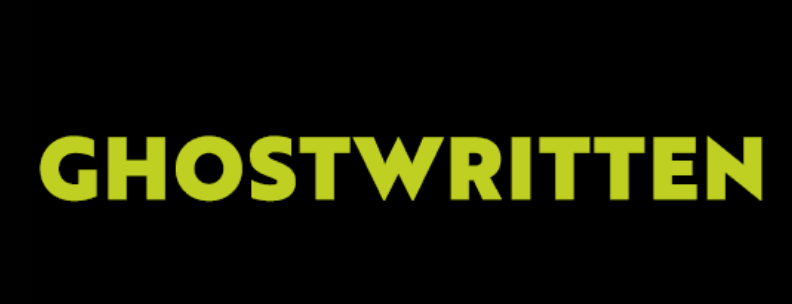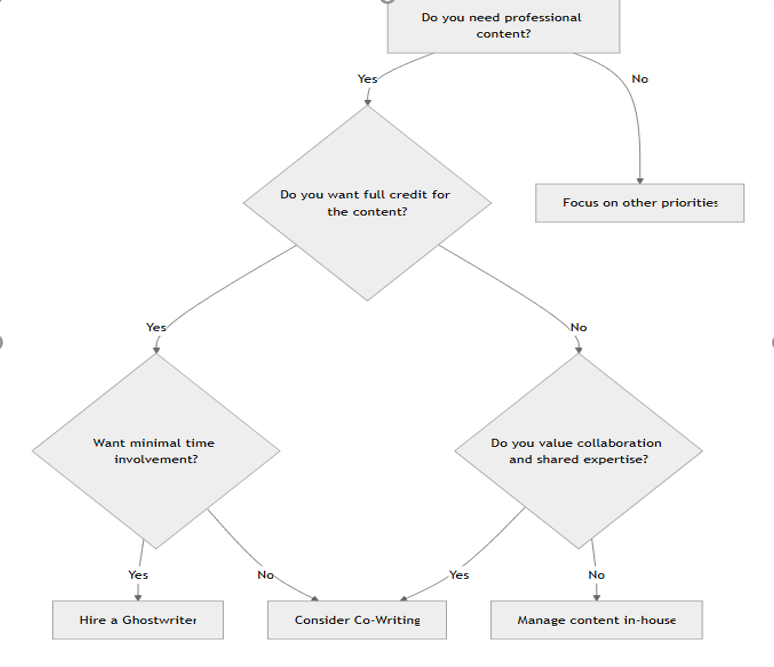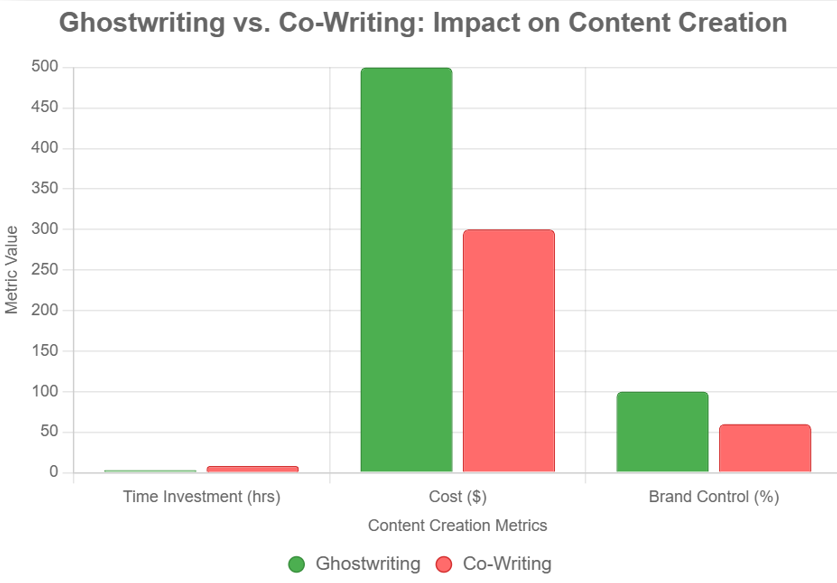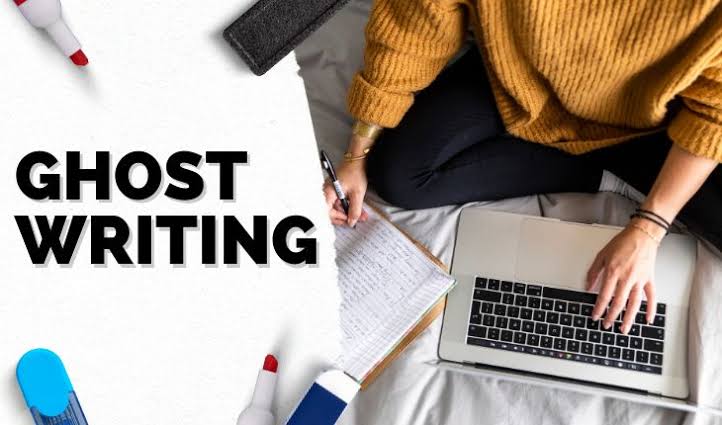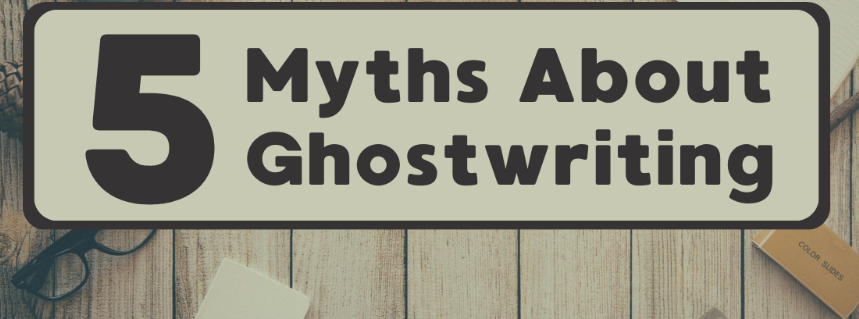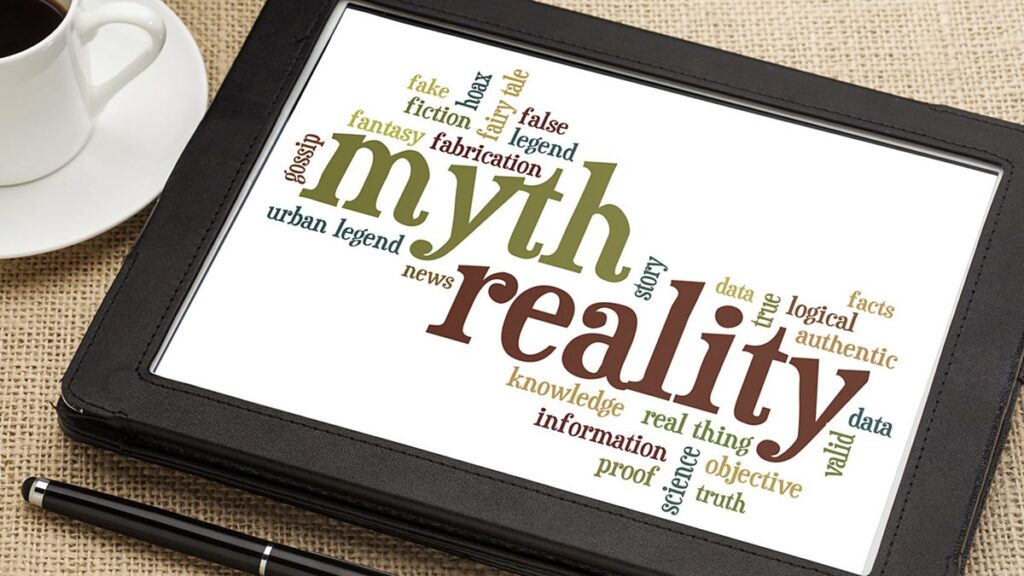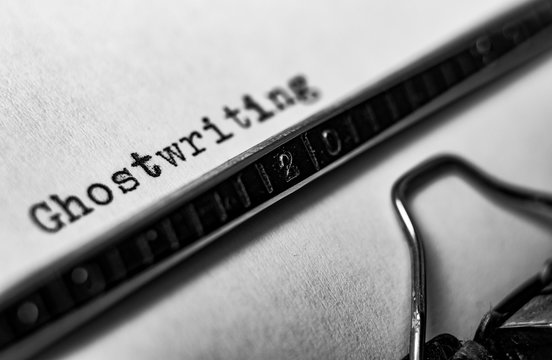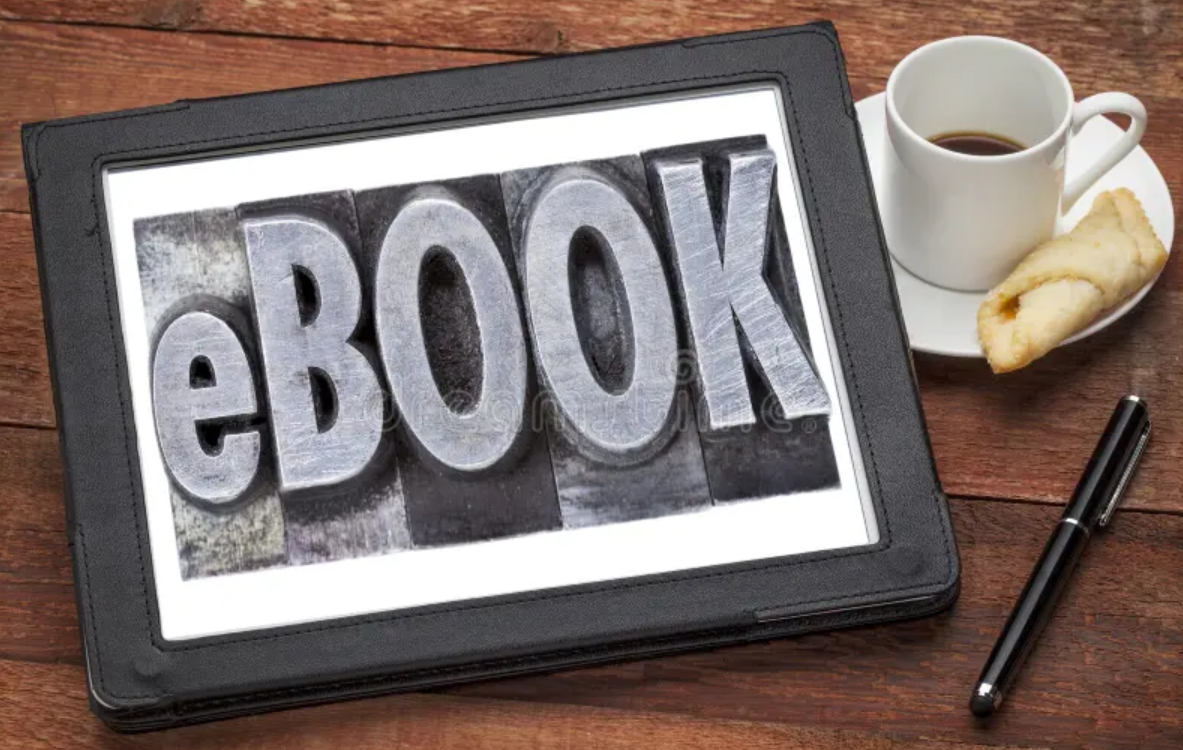Ghostwritten Biographies You Didn’t Know
Biographies are fascinating because they open doors into the lives of public figures, celebrities, entrepreneurs, athletes, politicians, and cultural icons. They reveal the journeys, struggles, victories, and even failures of people who shape the world. But here’s the twist: many of the most famous biographies and memoirs you’ve probably read—or at least heard of—weren’t actually written by the individuals themselves. Instead, they were ghostwritten.
Ghostwriting, particularly in the world of biographies, is one of the publishing industry’s most well-kept open secrets. While it might sound surprising, ghostwriting is far more common than people realize. Celebrities, athletes, and business moguls often don’t have the time, writing skills, or storytelling ability to craft a full-length, compelling book. So, they hire professional writers—ghostwriters—who remain anonymous or are credited discreetly to shape their life stories into captivating reads.
In this in-depth article, we’ll explore everything you need to know about ghostwritten biographies. We’ll uncover why ghostwriting is so common, what makes it effective, and most importantly, highlight famous ghostwritten biographies you probably didn’t know about.
By the end, you’ll have a new perspective on some of the best-selling memoirs and biographies in history—and the hidden hands behind them.
What Is Ghostwriting in Biographies?
Ghostwriting is the practice where a professional writer creates a book, article, speech, or other written work for someone else, who is then credited as the author. In the case of biographies and memoirs, ghostwriters collaborate with public figures to shape their life stories into publishable works.
Unlike co-authors, ghostwriters often remain invisible, sometimes acknowledged with a small note like “as told to” or “with” on the cover, and sometimes not credited at all.
Why is this common? Because being accomplished in one field—like sports, music, politics, or business—doesn’t necessarily mean a person can write a gripping 300-page book. Ghostwriters bring:
- Storytelling skills
- Structural organization
- Research ability
- Writing experience
- A knack for capturing someone’s voice
This collaboration ensures the subject’s story is told in an engaging and marketable way.
Why Do So Many Biographies Use Ghostwriters?
Before we dive into the famous titles, it’s important to understand why ghostwriting is such a staple in publishing:
- Time Constraints – Celebrities and leaders are busy. Creating a book may require several months or even years.
- Lack of Writing Experience – Not everyone can write in a way that holds a reader’s attention.
- Publishing Demands – Publishers know ghostwriters can help deliver polished, best-selling manuscripts quickly.
- Voice Capture – Ghostwriters excel at making the book sound authentic, as if the celebrity wrote it.
- Confidentiality – Ghostwriters maintain discretion, ensuring the public figure remains the “author” in the eyes of fans.
In short, ghostwriting allows figures to share their stories without the steep learning curve of becoming professional writers.

Famous Ghostwritten Biographies You Didn’t Know
Now, let’s uncover the books that made headlines and best-seller lists—without readers realizing ghostwriters were involved.
1. “The Life Story of Malcolm X” Recounted by Alex Haley
One of the most renowned ghostwritten books in history, The Autobiography of Malcolm X was created by journalist Alex Haley following in-depth conversations with Malcolm X. Published in 1965, the book became a cultural landmark, shaping how the world viewed Malcolm X’s life and philosophy.
While Malcolm provided the raw material—his life story—Haley gave it structure and polish. Without Haley’s narrative skill, the book might never have reached the global audience it did.
2. “Agassi: Open” by Andre Agassi and J.R. Moehringer
Tennis legend Andre Agassi’s memoir Open is considered one of the best sports autobiographies ever written. But here’s the secret: Pulitzer Prize-winning journalist J.R. Moehringer ghostwrote the book.
Moehringer masterfully captured Agassi’s struggles, from his complicated relationship with tennis to his personal battles with identity. The book resonated with fans worldwide, elevating it beyond a standard sports memoir.
3. “Miles: An Autobiography” authored by Miles Davis and Quincy Troupe
Jazz icon Miles Davis’s autobiography is widely admired for its rawness and honesty. However, writer Quincy Troupe shaped the narrative, working closely with Davis to ensure his bold, unapologetic voice came through.
Without Troupe’s literary expertise, Davis’s eccentric personality and life story might have been harder to follow for readers.
4. “I Am Malala” authored by Malala Yousafzai in collaboration with Christina Lamb
Malala Yousafzai’s inspiring story of surviving a Taliban attack and advocating for girls’ education became a global phenomenon. But her memoir, I Am Malala, was written with journalist Christina Lamb.
Lamb played a key role in shaping Malala’s story into a compelling account that resonated with countless individuals, ultimately leading to Malala being awarded the Nobel Peace Prize.
5. “Dreams from My Father” by Barack Obama (with uncredited help)
Barack Obama’s celebrated memoir Dreams from My Father has been debated for years in literary circles. While Obama undeniably wrote parts of it, there have long been discussions about assistance from editors and ghostwriters, particularly journalist Christopher Hitchens and others involved in shaping its final form.
Regardless, the book’s elegance and narrative depth raised eyebrows, hinting at possible uncredited ghostwriting help.
6. “My Journey in France” authored by Julia Child and Alex Prud’homme
The cherished culinary figure Julia Child had her memoir, My Life in France, penned by her grandnephew, Alex Prud’homme, who served as the ghostwriter.
Though Child shared her vibrant recollections, Prud’homme translated them into an eloquent story that captured her culinary journey and zest for life.
7. “The Long Hard Road Out of Hell” by Marilyn Manson and Neil Strauss
Shock-rocker Marilyn Manson’s memoir may have shocked fans with its wild tales, but much of the credit belongs to ghostwriter Neil Strauss. Strauss is a well-known journalist and author who gave Manson’s outrageous life a coherent, page-turning structure.
8. “Bossypants” by Tina Fey (with editorial ghosting assistance)
While comedian Tina Fey is credited as the sole author of Bossypants, insiders in publishing note that ghost-editing and heavy structural assistance played a role in polishing the book. While Fey undoubtedly provided the humor, professional hands ensured the narrative held together as a bestselling memoir.
9. Chris Gardner and Quincy Troupe’s memoir, “The Pursuit of Happyness.“.
Chris Gardner’s inspirational journey from homelessness to Wall Street success was immortalized in his book The Pursuit of Happyness—later adapted into a Will Smith movie. But the story was co-written with Quincy Troupe, who also worked on Miles Davis’s biography.
10. “Greenlights” by Matthew McConaughey (with ghostwriting whispers)
Matthew McConaughey’s popular memoir, Greenlights, comes across as both spontaneous and lyrical. However, experts in the publishing industry indicate that the assistance of experienced ghostwriters may have played a role in shaping his thoughts into a well-structured narrative. McConaughey contributed journals and stories, but editorial help shaped them into a bestseller.

The Business of Ghostwritten Biographies
Ghostwritten biographies are not just about storytelling—they’re big business. Publishers invest heavily in celebrity memoirs because they’re almost guaranteed to sell.
- Celebrity Influence: A famous name guarantees sales, even if the person isn’t a writer.
- Publishing Strategy: Ghostwriters ensure deadlines are met, making production more predictable.
- Financial Agreements: Ghostwriters can earn flat fees (ranging from $25,000 to $250,000+), royalties, or both.
For publishers, ghostwriting isn’t a secret scandal—it’s an essential tool to produce marketable books quickly.
How Ghostwritten Biographies Shape Public Perception
Ghostwritten works have power. They don’t just tell life stories—they shape how the world perceives a figure.
- Image Management: Public figures, including politicians and celebrities, often employ ghostwritten autobiographies to enhance their public persona.
- Accessibility: Ghostwriters ensure complicated lives are communicated in ways readers understand.
- Emotional Impact: A well-crafted memoir connects readers emotionally, strengthening fan loyalty.
In many cases, the ghostwriter becomes the silent architect of someone’s legacy.
Do Readers Care If Biographies Are Ghostwritten?
Interestingly, most readers don’t care if a biography is ghostwritten—as long as it feels authentic. In fact, when ghostwriters do their job well, readers shouldn’t notice.
Transparency is slowly growing. Some books now openly credit ghostwriters (“with” or “as told to”), and readers often respect the honesty. However, in many cases, ghostwriters remain behind the curtain.
Controversies Around Ghostwritten Biographies
Not all ghostwriting is celebrated. Critics sometimes argue that ghostwriting misleads readers into thinking the subject wrote the book themselves. Some controversies include:
- Authenticity Questions: Can a memoir truly be authentic if written by someone else?
- Uncredited Work: Some ghostwriters feel exploited when they receive no acknowledgment.
- Voice Authenticity: When a ghostwriter doesn’t successfully convey the genuine voice of the subject, the resulting book may come across as inauthentic.
Nonetheless, the remarkable popularity of ghostwritten biographies indicates that the majority of readers value narrative over the identity of the writer.
Future of Ghostwritten Biographies
As publishing evolves, ghostwritten biographies are only becoming more common. Here’s what the future holds:
- Celebrity Culture: With influencers and social media stars rising, more ghostwritten memoirs will hit the market.
- AI Collaboration: While ghostwriting will remain human-centered, AI may assist with drafting or structuring life stories.
- Transparency Trend: More books may credit ghostwriters openly, as readers embrace the collaborative process.
Conclusion
Ghostwriting in biographies is one of literature’s most intriguing paradoxes: the author named on the cover often isn’t the one who wrote the words inside. From Malcolm X’s iconic autobiography shaped by Alex Haley to Andre Agassi’s Open crafted by J.R. Moehringer, ghostwriters have played a pivotal role in shaping cultural narratives.
The truth is, without ghostwriters, many of the most famous and influential biographies might never have been written—or at least not with the same impact. Ghostwriting ensures that important stories get told, even if the person living them isn’t a writer.
So the next time you pick up a celebrity memoir or political autobiography, ask yourself: Whose voice am I really hearing? Chances are, it’s a collaboration between a public figure and an invisible pen.
